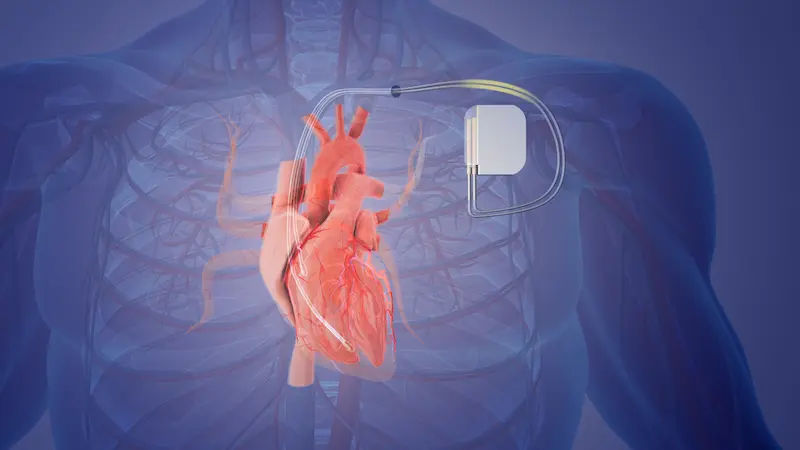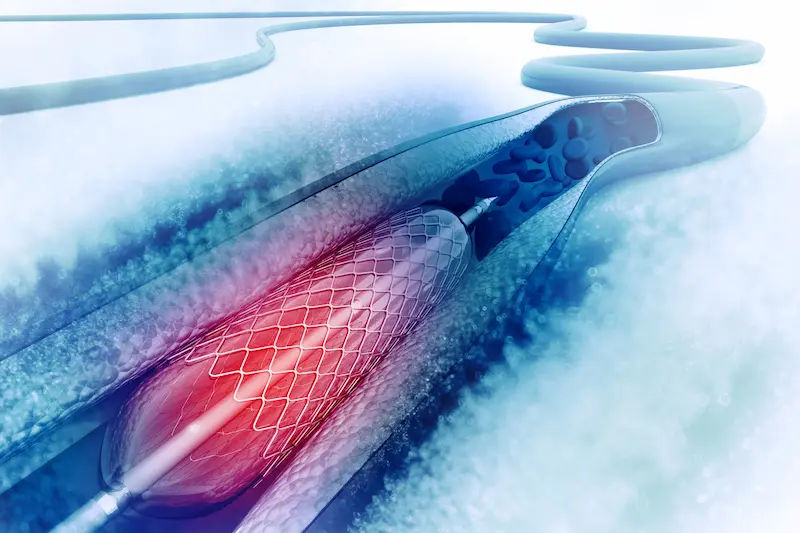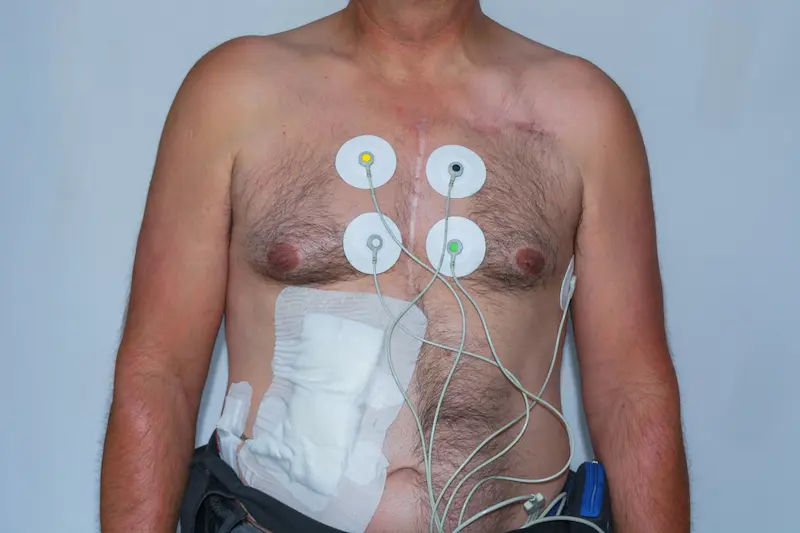- Male
- 57 Years
- 20/02/2025
Can we avoid going through angioplasty even though there are two clots in the heart? The patient seems fine, so I'm wondering if we could just start rehab without surgery.
Answered by 1 Apollo Doctors
Angioplasty may be necessary to treat the clotting in the heart to prevent any potential complications. However, if the patient is stable and asymptomatic, a conservative approach can be considered. It is important to closely monitor the patient's condition and follow a strict medication regimen. Rehabilitation can be started under the supervision of a healthcare provider. Medications such as antiplatelets (e.g. Clopidogrel) and anticoagulants (e.g. Warfarin) may be prescribed to manage the clotting. Regular follow-up with a cardiologist is essential to assess the need for any further interventions.
Dr. Ranjith Suggests...
Consult a Cardiologist
Answered 04/07/2025
0
0

Ask Apollo
AI powered Health Chatbot
-
Understanding the Condition
- Heart clots (thrombi) can obstruct blood flow, posing serious risks. Assessing their size, location, and impact is crucial.
-
Role of Angioplasty
- Angioplasty is often recommended to restore blood flow in blocked arteries. It can be critical if clots significantly impair circulation.
-
Considerations for Avoiding Angioplasty
- Conservative management might be possible if symptoms are stable and clots are not severely obstructive. However, risks include potential clot dislodgement or heart damage.
-
Rehabilitation and Medical Management
- Cardiac rehabilitation can improve heart health. Medications like anticoagulants may be used to manage clots. Close monitoring is essential.
-
Importance of Specialist Evaluation
- A cardiologist should evaluate the patient to tailor treatment. Diagnostic tests like echocardiograms or angiography may be necessary.
-
Patient-Centered Decision Making
- Decisions should balance risks and benefits, considering the patient’s health and preferences. Shared decision-making with healthcare providers is vital.
Recommended next steps
Consult a Cardiologist
Answered 20/08/2025
0
0

More Cardiology Health Queries
View allIs a PR of 102 on my ECG considered normal I've attached the report for reference Also wondering if it's safe to proceed with cataract surgery given these readings
An echo and cardiac markers are advised to the patient.Cardiologist opinion is advised to the patient.
Answered by 1 Apollo Doctors
I'm 27 and just found out I have high cholesterol. My LDL was 190, HDL was 40, total cholesterol hit 280, and triglycerides were at 90. My B12 levels were at 80. The doctor had me on Crestor 20 mg for a few months, which got my LDL back to normal, but it messed with my SGPT and SGOT levels. Then I switched to Prelipid and my cholesterol levels stabilized, but I've been having muscle pain and anxiety with it. Also, my family's got a history of high cholesterol. I've been playing lawn tennis regularly for the past few years and I really dont love the idea of staying on medication forever. Once I stop taking them, my cholesterol spikes again. Is there any way I can manage my cholesterol without being on meds for life? Would really appreciate some advice on if these medications are a must or if there's something else I can try!
u have to continue with tab crestor 20 mg at bedtime continuosly ,and recheck the lipid panel once in 3 months, better to continue with the medications.Regular aerobic exercises, protein diet is advised.Alcholol and smoking cessation is needed.Also use of butter and ghee is not advised
Answered by 1 Apollo Doctors
I've been having chest pain for the past couple of days, and it's right in the middle of my chest. It's making me a bit anxious. Any idea what could be causing it or what I should do about it?
ecg ,cardiac markers and echo is advised. physician review.
Answered by 1 Apollo Doctors
Disclaimer: Answers on Apollo 247 are not intended to replace your doctor advice. Always seek help of a professional doctor in case of an medical emergency or ailment.





